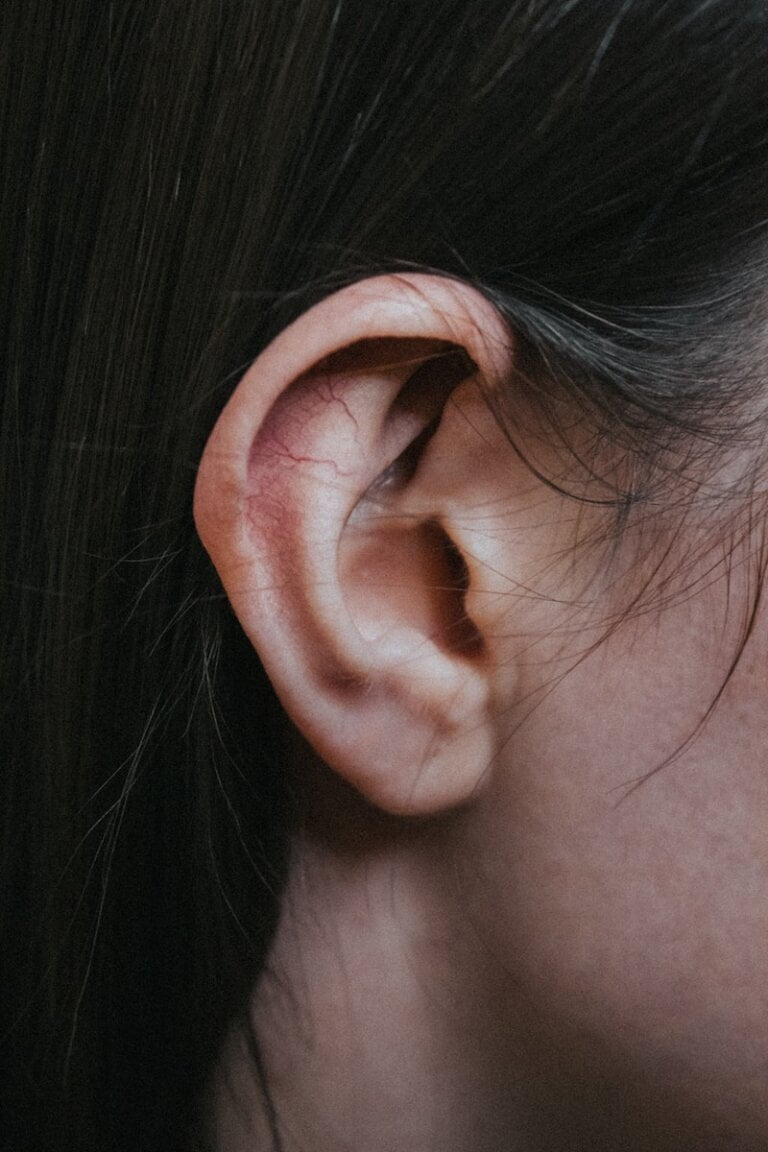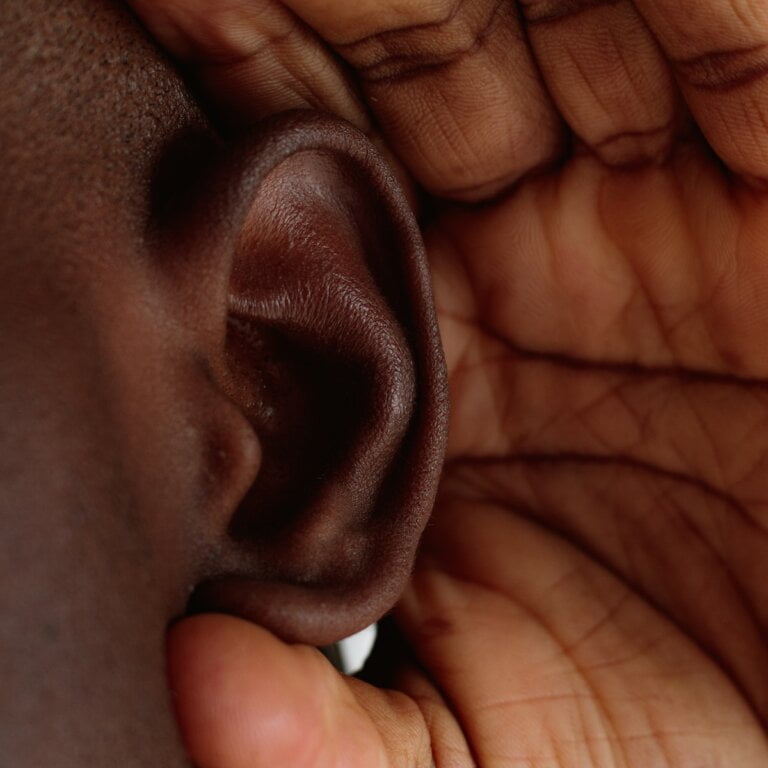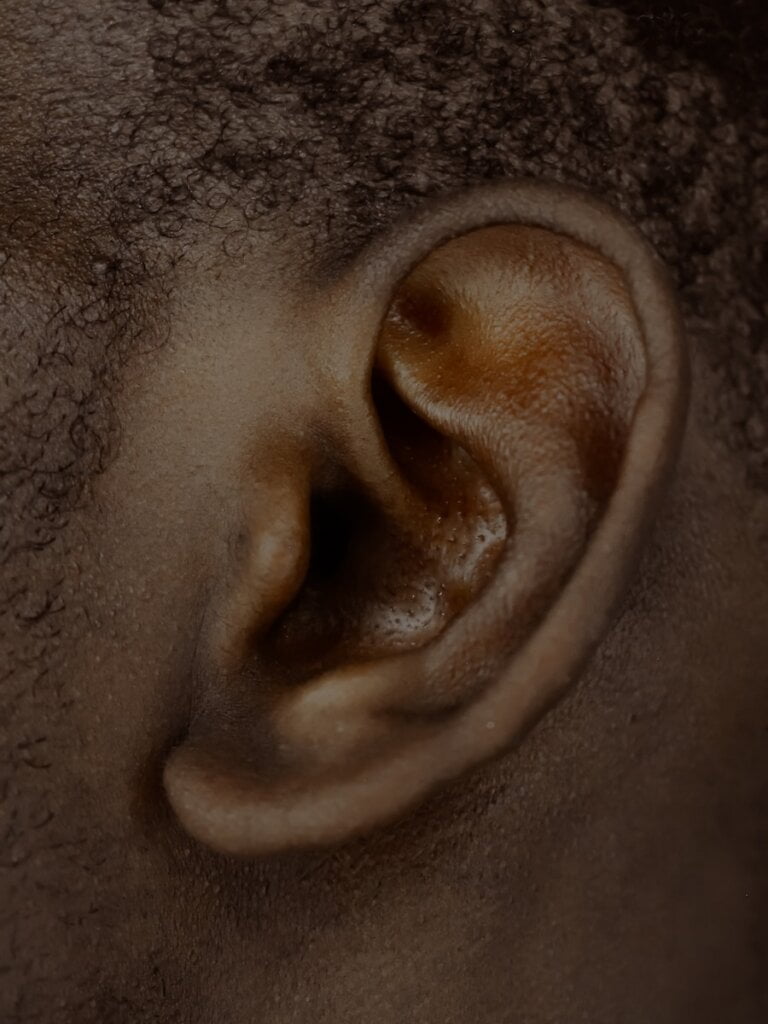Eat with Caution: Foods to Avoid for Optimal Ear Health
Last Updated on 25th April 2024 by Admin
Maintaining optimal ear health is crucial for our overall well-being, as our ears play a vital role in our ability to communicate and interact with the world around us. While we often focus on the importance of regular ear hygiene and protection from loud noises, it is equally important to pay attention to our diet and the impact it can have on our ear health. In this article, we will discuss some foods that should be avoided or consumed in moderation to promote optimal ear health.
1. Excessive Salt
Salt is an essential part of our diet, as it helps maintain the balance of fluids in our body. However, consuming excessive amounts can have negative effects on our ears. High salt intake can lead to fluid retention in the body, including the ears. This can result in swelling and pressure, leading to discomfort and even temporary hearing loss. Therefore, it is important to limit the consumption of salty foods such as processed snacks, fast food, and canned soups.
Excessive salt intake can also contribute to high blood pressure, which can further affect the health of our ears. When our blood pressure is high, it can put strain on the blood vessels in the ears, leading to reduced blood flow and potential damage to the delicate structures responsible for hearing. It is recommended to opt for low-sodium alternatives and to use herbs and spices to enhance the flavor of meals instead of relying heavily on salt.
To reduce salt intake, consider the following tips:
- Read food labels and choose products with lower sodium content.
- Cook meals from scratch using fresh ingredients, as this allows better control over the amount of salt added.
- Experiment with herbs, spices, and other flavorings to enhance the taste of meals without relying on salt.
2. Sugar and Artificial Sweeteners
Excessive consumption of sugar and artificial sweeteners can contribute to inflammation in the body, including the ears. Inflammation can disrupt the delicate structures within the ears and affect their normal function. To maintain optimal ear health, it is advisable to reduce the intake of sugary foods and beverages such as soda, candy, and pastries.
When we consume high amounts of sugar, our body releases insulin to help regulate our blood sugar levels. This process can trigger an inflammatory response in the body, including the ears. Chronic inflammation can lead to long-term damage and increase the risk of developing conditions such as tinnitus or even hearing loss.
Artificial sweeteners, on the other hand, may not contain sugar, but they can still have negative effects on our ears. Some studies have suggested a link between artificial sweeteners and an increased risk of developing tinnitus. Therefore, it is important to be mindful of the types of sweeteners we consume and consider natural alternatives like honey or consuming fruits to satisfy our sweet tooth.
To reduce sugar and artificial sweetener intake, consider the following tips:
- Choose whole fruits instead of processed fruit juices or sweetened beverages.
- Opt for unsweetened or lightly sweetened versions of foods and drinks.
- Try natural sweeteners like honey, maple syrup, or stevia as alternatives to sugar and artificial sweeteners.
3. Trans Fats
Trans fats, commonly found in fried and processed foods, can have detrimental effects on our ear health. These unhealthy fats can contribute to inflammation and oxidative stress in the body, which can impact the blood flow to the ears and affect their overall function. To support ear health, it is important to avoid or minimize the consumption of foods high in trans fats, such as fried foods, processed snacks, and commercially baked goods.
Trans fats are created through a process called hydrogenation, which converts liquid oils into solid fats to increase the shelf life and stability of food products. However, this process also produces harmful compounds that can lead to inflammation and damage to the blood vessels, including those in the ears. By reducing or eliminating trans fats from our diet, we can promote better blood circulation to the ears and support their optimal function.
To reduce trans fat intake, consider the following tips:
- Choose healthier cooking methods like grilling, baking, or steaming instead of frying.
- Opt for whole, unprocessed foods instead of packaged snacks and baked goods.
- Read food labels and avoid products that contain partially hydrogenated oils, which are a major source of trans fats.
By making these dietary adjustments and opting for healthier alternatives, we can support optimal ear health and reduce the risk of inflammation and damage to the auditory system.
4. High Mercury Fish
Certain types of fish, particularly those high in mercury, should be consumed with caution to protect our ears. Mercury is a heavy metal that can accumulate in the body over time and lead to various health issues, including damage to the auditory system. Fish such as shark, swordfish, king mackerel, and tilefish are known to have higher levels of mercury. Instead, opt for low-mercury fish options like salmon, sardines, and trout, which are rich in omega-3 fatty acids that are beneficial for ear health.
Mercury is a neurotoxin that can have harmful effects on the nervous system, including the auditory nerves responsible for transmitting sound signals to the brain. When we consume fish with high mercury levels, the accumulation of this heavy metal in our body can lead to a condition known as mercury poisoning, which can result in hearing loss, tinnitus, and other ear-related problems.
Low-mercury fish, on the other hand, provide essential nutrients like omega-3 fatty acids, which have been shown to have anti-inflammatory properties and support overall ear health. These fatty acids help reduce inflammation in the body, including the ears, and promote better blood flow, which is essential for optimal hearing.
To make informed choices about fish consumption, consider the following tips:
- Refer to guidelines provided by health organizations regarding safe levels of fish consumption, especially for vulnerable groups such as pregnant women and young children.
- Consult with healthcare professionals or registered dietitians to determine which fish choices are safe and beneficial for your specific health needs.
- Consider opting for fish oil supplements as an alternative source of omega-3 fatty acids if you have concerns about mercury levels in fish.
By being mindful of the types of fish we consume and opting for low-mercury options, we can enjoy the benefits of omega-3 fatty acids while minimizing the risk of mercury-related harm to our ears.
5. Dairy Products
While dairy products are a common part of many people’s diets, they can potentially contribute to the production of excess mucus in the body, including the middle ear. Excessive mucus build-up can lead to blockages and increased risk of ear infections. If you notice a correlation between dairy consumption and ear issues, it may be worthwhile to reduce or eliminate dairy from your diet for a trial period to see if it makes a difference in your ear health.
Some individuals may have a sensitivity or intolerance to dairy products, which can trigger an immune response and increased mucus production in the body. This excessive mucus can accumulate in the middle ear, leading to discomfort and increased susceptibility to ear infections. By identifying and avoiding dairy products, individuals who experience these issues may be able to alleviate their symptoms and promote better ear health.
It is important to note that dairy products provide valuable nutrients like calcium and vitamin D, which are essential for overall health. If you choose to eliminate or reduce dairy from your diet, it is important to find alternative sources of these nutrients to ensure you are still meeting your nutritional needs.
To reduce dairy intake, consider the following tips:
- Experiment with dairy alternatives such as almond milk, soy milk, or oat milk.
- Incorporate calcium-rich foods like leafy greens, fortified plant-based milks, and calcium-set tofu into your diet.
- Consult with a healthcare professional or registered dietitian to ensure you are meeting your nutritional needs while avoiding dairy.
By listening to your body and making informed choices about dairy consumption, you can support optimal ear health and potentially reduce the risk of mucus-related ear issues.
6. Allergenic Foods
Certain foods have the potential to cause allergic reactions in some individuals, leading to inflammation and fluid buildup in the ears. Common allergenic foods include cow’s milk, eggs, peanuts, tree nuts, wheat, soy, fish, and shellfish. If you suspect that any of these foods are causing issues with your ears, consider consulting with an allergist for testing and guidance on managing your diet to support optimal ear health.
Food allergies can trigger an immune response in the body, which can manifest as inflammation and fluid accumulation in various parts of the body, including the ears. This can lead to discomfort, pressure, and potential complications such as ear infections. Identifying and avoiding allergenic foods can help alleviate these symptoms and reduce the risk of ear-related issues.
If you suspect that certain foods may be causing problems with your ears, it is important to seek professional guidance from an allergist. They can perform tests to determine which specific foods you are allergic to and provide recommendations on managing your diet to support optimal ear health. By avoiding allergenic foods, individuals with food allergies can reduce the risk of ear-related complications and promote better overall well-being.
To manage allergenic foods, consider the following tips:
- Keep a food diary to track any correlations between specific foods and ear symptoms.
- Consult with an allergist for comprehensive testing and personalized advice on managing your food allergies.
- Seek support from a registered dietitian to ensure you are maintaining a balanced diet while avoiding allergenic foods.
By understanding and managing your food allergies, you can support optimal ear health and reduce the risk of inflammation and fluid buildup in the ears.
7. Caffeine and Alcohol
Excessive consumption of caffeine and alcohol can have a negative impact on our ear health. Both substances can cause dehydration, which can affect the fluid balance in the inner ear. Additionally, alcohol can dilate blood vessels, including those in the ears, which can lead to increased pressure and discomfort. To maintain optimal ear health, it is advisable to consume these substances in moderation and ensure an adequate intake of water to stay hydrated.
Caffeine and alcohol are diuretics, which means they increase urine production and can contribute to dehydration. When we are dehydrated, it can affect the fluid balance in our body, including the inner ear. The inner ear relies on a precise balance of fluids to transmit sound signals effectively, and any disruption to this balance can affect our hearing and overall ear health.
Alcohol, in particular, can have additional effects on the ears. It can cause blood vessels to dilate, including those in the ears, which can lead to increased pressure and discomfort. This can exacerbate existing ear conditions or contribute to the development of new issues.
To maintain optimal ear health while consuming caffeine and alcohol, consider the following tips:
- Limit your intake of caffeinated beverages and alcohol and opt for healthier alternatives like herbal teas or infused water.
- Ensure you are adequately hydrated by drinking enough water throughout the day.
- Be mindful of the potential effects of caffeine and alcohol on your individual ear health, and adjust your consumption accordingly.
By consuming caffeine and alcohol in moderation and prioritizing hydration, you can support optimal ear health and minimize the potential negative effects on your ears.
In conclusion, maintaining optimal ear health goes beyond regular hygiene practices and protection from loud noises. Our diet plays a significant role in supporting the health of our ears. By avoiding or limiting the consumption of excessive salt, sugar, trans fats, high-mercury fish, dairy products, allergenic foods, caffeine, and alcohol, we can promote optimal ear health and reduce the risk of various ear-related issues. Remember, a balanced and nutritious diet is key to overall well-being, including the well-being of our ears.
FAQ
1. Why should I avoid excessive salt for optimal ear health?
Consuming excessive salt can lead to fluid retention in the body, including the ears, which can result in swelling and pressure, leading to discomfort and temporary hearing loss. High salt intake can also contribute to high blood pressure, which can strain the blood vessels in the ears and potentially damage the structures responsible for hearing.
2. How can sugar and artificial sweeteners affect my ear health?
Excessive consumption of sugar and artificial sweeteners can contribute to inflammation in the body, including the ears, which can disrupt their normal function. Chronic inflammation can increase the risk of developing conditions like tinnitus or hearing loss. It is advisable to reduce the intake of sugary foods and beverages and consider natural alternatives like honey or fruits.
3. What are the effects of trans fats on ear health?
Trans fats, commonly found in fried and processed foods, can contribute to inflammation and oxidative stress in the body, affecting blood flow to the ears and their function. To support ear health, it is important to avoid or minimize the consumption of foods high in trans fats like fried foods, processed snacks, and commercially baked goods.
4. Why should I be cautious about high mercury fish for my ears?
Certain types of fish, particularly those high in mercury like shark, swordfish, king mackerel, and tilefish, can accumulate mercury in the body over time and lead to damage to the auditory system. Opting for low-mercury fish options like salmon, sardines, and trout, which are rich in omega-3 fatty acids, can be beneficial for ear health.







